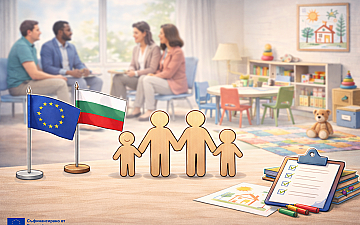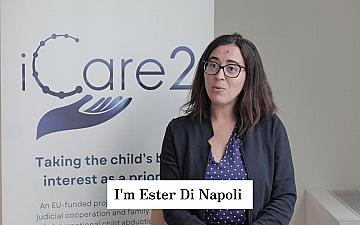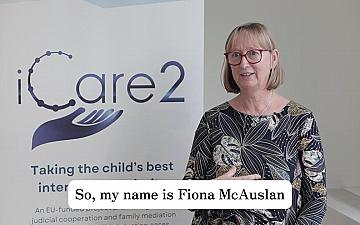Mental health is one of the pressing issues not only in Bulgaria but also worldwide. In Bulgaria, this topic is a taboo subject. We encounter information on the Internet which is not always accurate. Often described symptoms of depressive states, panic attacks, anxiety, etc., do not always correspond to reality, which leads to the spread of disinformation.
In some articles, anxiety is described as a normal psychological reaction, expressed in concern and worry, as well as in various psychological symptoms such as nausea, headaches and rapid heartbeat. What is often overlooked is that these symptoms in people suffering from anxiety occur much more frequently and intensely. Following the logic of this information, 99% of the population suffers from anxiety, which is not the case. The intensity of these emotions in people with a generalized anxiety disorder is much higher than in people who are simply worried or anxious. It should be noted that 50% of people get their first symptoms before the age of 39, while 3.7% of people worldwide suffer from anxiety, according to studies, which by no means can be exhaustive.
Very often, people in their daily lives or normal conversation use the expression "I am depressed". Many of these people don't actually have symptoms of depression, but they use the phrase either to hyperbolize their condition or because they simply have no idea what depression is. The symptoms of depression are individual for each person. Depression is not always manifested in the typical symptoms, and not always the external manifestation is what it is in most people's idea – minor mood. Often, people suffering from depression are smiling and hiding their condition well. This trend is widespread among young people and children.
It is not uncommon for young people suffering from depression to end up with death. 1 in 5 deaths among teenagers aged 15-19 in the EU is caused by self-harm, according to UNICEF Regional Office for Europe and Central Asia. Suicide is the second most common cause of death among adolescents at this age in Europe. At the same time, around 9 million adolescents aged 10-19 in Europe are living with a mental disorder, according to UNICEF's new global report, "The Situation of the World's Children 2021." Data for Bulgaria show that 11% of girls and boys aged 10-19 have a diagnosed mental disorder. Globally, only about 2 per cent of governments' health budgets are spent on mental health. The lost economic benefits of failing to address young people's mental disorders globally amount to $390 billion each year, the London School of Economics said in a UNICEF report.
In view of the above, it can be summarized that disinformation regarding mental health should not be ignored, as it can lead to misdiagnosis and starting drugs or other medications without a doctor's recommendation. Thus, such voluntary intake of drugs can cause deterioration of the condition, long-term health problems, and in some cases even death.
In conclusion, it should be noted that there is a lot of information on the Internet about mental health. We must choose our sources well when we inform ourselves on this topic in order not to fall victim to disinformation.









